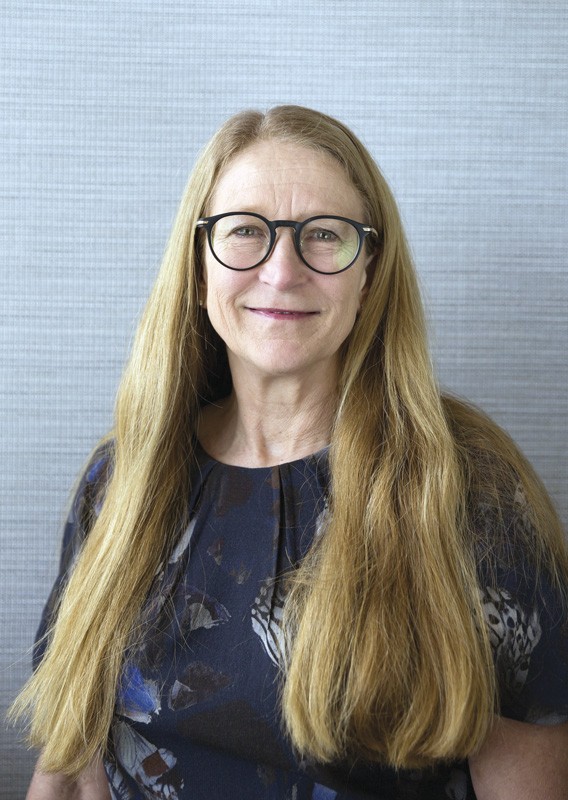
‘The future’s not what it used to be, Dickie.’ When thinking about the future it is easy to bemoan the inevitable and the predictable while fearing the imaginable. Regardless, by 2035 our world is likely to be a very different place for patients and their doctors, and training must respond pre-emptively and accordingly.
All things to all people
Sure, there will be wearables, and the internet of things, and blindingly fast connection via personalised real-time avatars. There will be unparalleled access to current, reliable research, and precision medicine will help us choose from an eye-watering array of state-of-the-art (until tomorrow) therapeutics. What is now cutting edge, will reach its tipping point in (and before) 2035, as AI and robots will deliver most health interventions and inform much (if not all) of the diagnostics.
These are the inevitable sustaining innovations, still largely embedded in our current healthcare delivery model, dependent only on how fast Silicon Valley and its satellites can move and how affordable will be their products.
But the consequential change that likely comes with this widespread virtual capability will be much more disruptive. It will change the shape and place of all health care.
The bio-psycho-social paradigm of general practice will be replaced by a bio-psycho-socio-political-economic-spiritual one. Advances in health care may provide an answer to a problem and at the same time create more problems, often through not asking the right questions early enough.
Government intervention, population distribution, public and private social services funding, geospatial mapping and needs-based health access, end-of-life conversations and genomic manipulation all require an ethical, human conversation that is way behind our scientific capacity to alter human lives. Health care leadership and policy will not be left to the professions.
Impact of health consumerism
Professional distance will diminish as patients will have more of a role in their health care, thanks to the democratisation of knowledge, childhood compulsory health education, and the new ability to choose freely their own healthcare services, both virtual and actual. The paternalism of medicine is already on trial along with its consequent partner, consumer infantilism.
They will choose you if you and your team offer a convenient, affordable, comprehensive service. This includes virtual synchronous consultations and a network of valued service suppliers you offer – each one reflective of your reputation and business, so you choose them well. Patients won’t so often come to us in our time and place; we will need to ‘go’ to them.
So, there will be a greater need for a different kind of doctor, with a different relationship with their patients and community. That doctor will re-educate the people, will guide the people on their health care journey offering judicious, timely, personalised behavioural interventions be they preventative or therapeutic.
Personalisation and survival
General practice began as a profession that walked alongside the population, especially when there was nothing else medicine could offer. We will do so similarly when there is too much on offer. We will continue to describe our profession in terms of relationships, operating as we do in an ecological rather than mechanistic system that transcends the body-mind-spirit schism and concerns itself with real people more than intellectual abstractions.
There are some embedded social determinants and human drivers of health care behaviour – attitudes to wellbeing, death, self-responsibility, all flavoured with fear, anxiety and crowd thinking – and they are less likely to change in 15 years.
That is the doctor we will train in 2035. The general practitioner will possibly be the one medical specialty that survives in large numbers, as robots and technicians deliver most activity-based care more accessibly and affordably but arguably not the care-giver role.
Doctors-in-training will learn first and foremost from their peers – virtual and actual – the fundamental principles of general practice, the one school of medicine that defines itself in terms of relationships, operates in an ecological rather than mechanistic system, transcends the body-mind-spirit schism and concerns itself with people more than abstractions.
They will receive continuous live feedback from their peers, and by their patients, both before being allowed to practise unsupervised anywhere in the world and often in the years to come. The job of the general practitioner – those that adapt to the new bio-psycho-socio-political-economic-spiritual world – will return to its roots.
Back to the future? Perhaps, but it won’t be as it used to be, Dickie.
Author competing interests: nil relevant disclosures.
*Please note that the views expressed here are those of the author, a GP from East Perth, rather than those of WAGPET or any of the five organisations that use her services.
Questions? Contact the editor.

